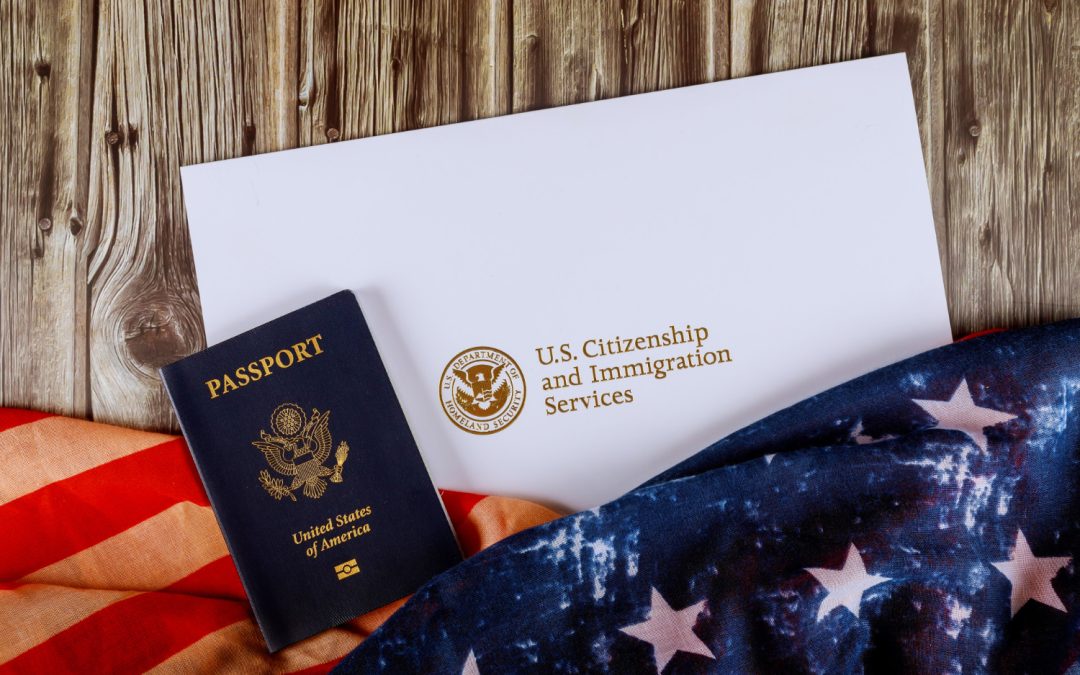U.S. Pauses Work Visas for Commercial Truck Drivers
The U.S. government has temporarily paused the issuance of work visas for commercial truck drivers, citing concerns over non-English-speaking drivers and the issuance of non-domiciled Commercial Driver’s Licenses (CDLs) by certain states.
The decision is part of a broader effort by the Trump administration and the Federal Motor Carrier Safety Administration (FMCSA) to tighten oversight on licensing standards, training requirements, and compliance across the trucking industry.
Why the Pause Happened
Several key issues led to this policy change:
-
Non-domiciled CDLs: Some states issued CDLs to individuals who did not reside in that state, raising questions about oversight and record accuracy.
-
English Language Proficiency (ELP): Federal regulations require CDL drivers to read and speak English well enough to converse with the public, understand road signs, and respond to law enforcement. Recent accidents involving drivers with limited English skills reignited scrutiny of ELP standards.
-
Driver Training Standards: Industry leaders, including the American Trucking Associations (ATA), called for stronger enforcement of entry-level driver training requirements and stricter compliance monitoring.
ATA President & CEO Chris Spear emphasized that the industry needs “better accounting of how many non-domiciled CDLs are being issued” and stronger regulatory enforcement to keep unsafe operators off the road.
The Compliance Spotlight
A high-profile case recently put this issue in the national spotlight:
-
The FMCSA investigated Harjinder Singh and White Hawk Carriers after a deadly crash.
-
Federal investigators found that the driver did not speak English and that Washington State and New Mexico violated FMCSA rules in granting the CDL.
-
As a result, Transportation Secretary Sean Duffy launched a nationwide audit of state CDL licensing practices.
What This Means for Carriers
For trucking companies, this policy shift underscores the importance of compliance and driver qualification. The risks of hiring unqualified drivers extend far beyond fines or audits—they directly impact safety, liability, and reputation.
Key takeaways for carriers:
-
Expect stricter enforcement of English proficiency standards for CDL holders.
-
Be prepared for audits of driver qualification files and licensing documentation.
-
Avoid shortcuts when hiring—non-compliance can result in significant legal and financial consequences.
How Highway Driver Leasing Ensures Compliance
At Highway Driver Leasing, we make compliance simple. All of our CDL drivers:
-
Meet DOT and FMCSA requirements for medical certification, safety, and licensing.
-
Are experienced, English-proficient drivers with strong safety records.
-
Undergo thorough screening and qualification before being placed with a carrier.
-
Help carriers reduce risk while ensuring business continuity.
When you work with HDL, you can be confident your drivers are not only qualified but also compliant with the latest federal requirements.

